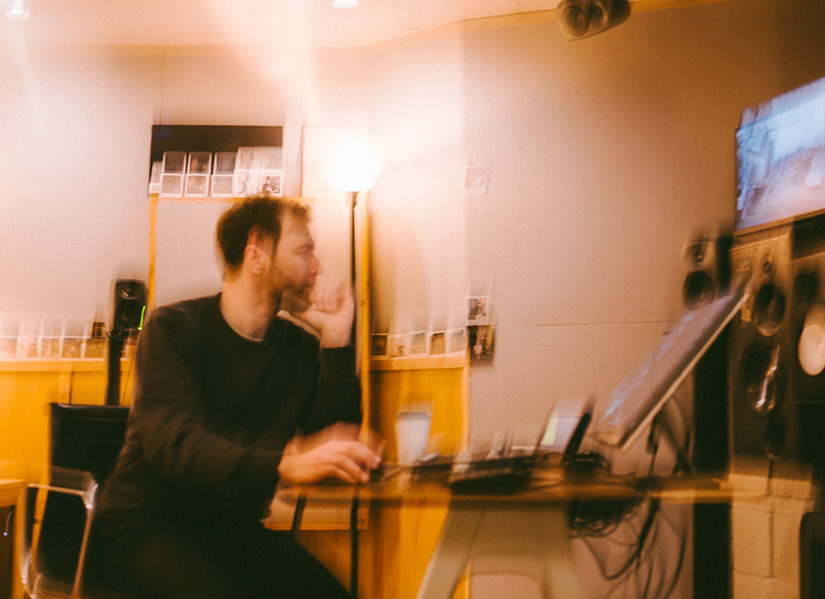
Having loved and pursued music from such a young age, Tristan Hoogland knew he wanted it to be an integral part of his life no matter what. Tristan discusses his career as a producer and mixer since graduating from a Bachelor of Fine Arts (Music), and what he found most beneficial about studying at QUT.
Different pathways
In essence I didn’t really choose to be a producer and mixer, it was a confluence of circumstances and instincts that guided me to it. My younger self was ambitious for a career as a musician or songwriter, but the challenging reality of that set in quite quickly once I began playing in various bands. While I enjoyed the collaboration aspects of being in a band, I struggled with differing levels of ambition between members. I’m an incredibly driven individual, and when my ability to do things relies on the schedules of others, it can be frustrating. I’m the kind of person that when I want to do something, I want to do it now while the inspiration is there.
While music production isn’t completely immune to such logistical challenges, there are many more lanes available that provide creative fulfilment and can be carried out independently. This became obvious to me early on when I began recording my own band’s songs. I’d arrive at the studio early to set up microphones and be the last to leave when I’d pack everything down. Soon enough other artists in my cohort would reach out and say, “I like what you did with your band’s record, would you be interested in doing mine?” – and so began my unintentional side hustle of producing other people’s music. While at QUT I was able to start building my audio career and generate an income, which ultimately, I enjoyed more because it felt so much more natural to me. The choice to commit wholeheartedly to production in the end was rather obvious.

Building networks
The most crucial aspect of my degree was the network of friends I made along the way, and I’ve tried to carry that approach throughout my career to this day. These people are your everything, and you don’t realise it at the time because it’s happening unconsciously. Whilst completing your academic studies, you are building a network of current or prospective artists, songwriters, producers, engineers, managers, and label reps that you’ll be connecting with years down the line even if you haven’t spoken since your education. Focus on being the most personable version of yourself with your colleagues and bring that into your career because relationships are everything in this industry.
Real-world learning
The biggest asset that I took away from my studies was learning good fundamentals in recording, understanding signal flow, troubleshooting, learning to listen and identify specific sonic attributes in a song, and just a general understanding of the various aspects of the recording process in the studio. Fortunately, the majority of staff and professors were either previously or currently working in the music industry, and they were able to distil a lot of information in a digestible manner. Working with the artists in my cohort was also very helpful because it exposed me to working with a variety of personalities, all with different tastes for music production. You discover that making a record requires a level of teamwork and a healthy, trustful dynamic between all involved.
The other part of my degree that was beneficial was the almost unlimited access I had to the recording facilities on campus. While I would use them as necessary for projects laid out in the curriculum, I would spend endless hours of my own free time mixing and re-mixing songs, recording friends’ projects; often right up until the sun would come up. It never felt like work, when I wasn’t in the studio I was thinking about when I could next be in the studio.
